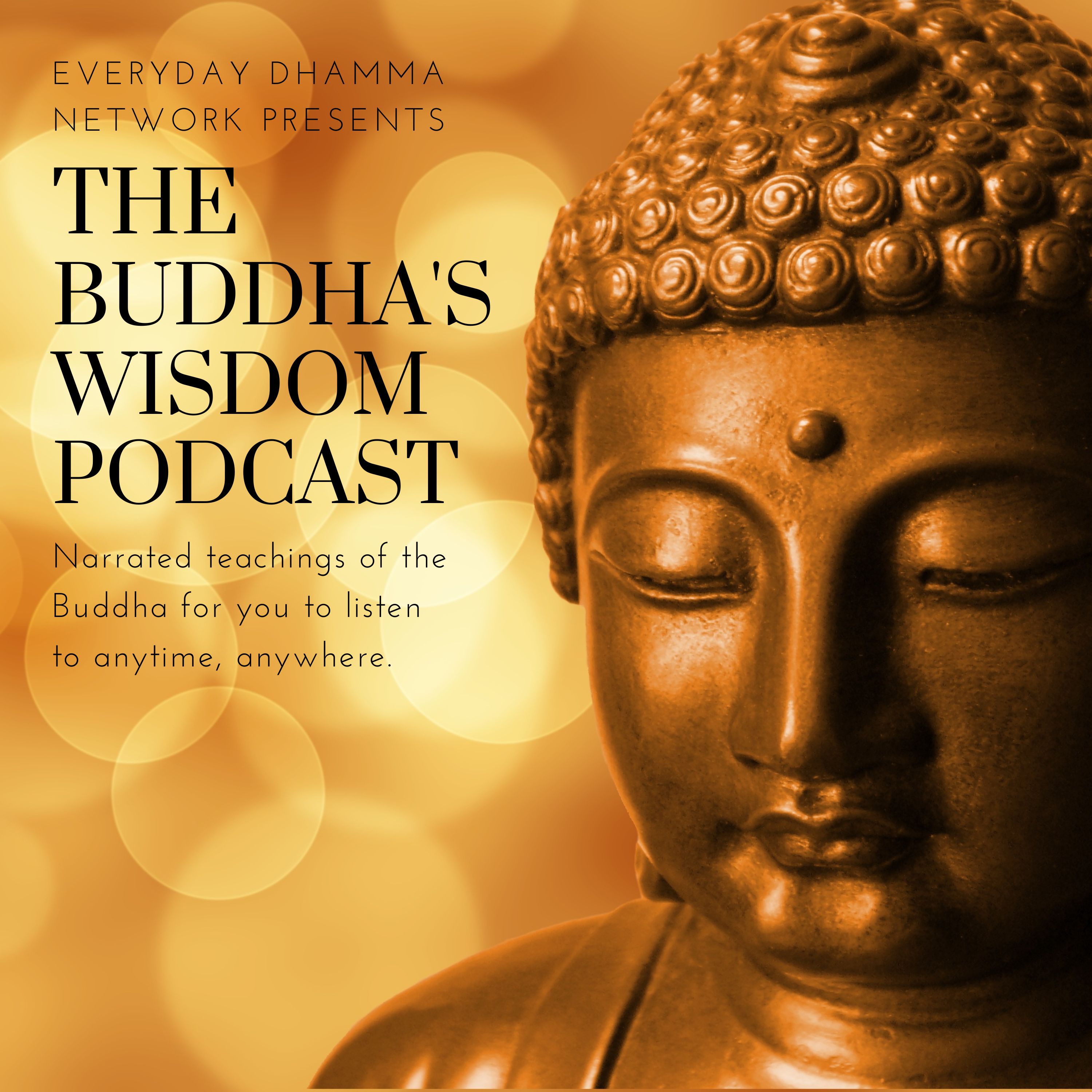Episode Transcript
Measuring Up
So I have heard. At one time Venerable Mahāmoggallāna was staying in the land of the Bhaggas at Crocodile Hill, in the deer park at Bhesakaḷā’s Wood. There Venerable Mahāmoggallāna addressed the mendicants: “Reverends, mendicants!”
“Reverend,” they replied. Venerable Mahāmoggallāna said this:
“Suppose a mendicant invites other mendicants to admonish them. But they’re hard to admonish, having qualities that make them hard to admonish. They're impatient, and don't take instruction respectfully. So their spiritual companions don’t think it’s worth advising and instructing them, and that person doesn’t gain their trust.
And what are the qualities that make them hard to admonish? Firstly, a mendicant has corrupt wishes, having fallen under the sway of corrupt wishes. This is a quality that makes them difficult to admonish.
Furthermore, a mendicant glorifies themselves and puts others down. …
They’re irritable, overcome by anger …
They’re irritable, and hostile due to anger …
They’re irritable, and stubborn due to anger …
They’re irritable, and blurt out words bordering on anger …
When accused, they object to the accuser …
When accused, they rebuke the accuser …
When accused, they retort to the accuser …
When accused, they dodge the issue, distract the discussion with irrelevant points, and display annoyance, hate, and bitterness …
When accused, they are unable to account for the evidence …
They are offensive and contemptuous …
They’re jealous and stingy …
They’re devious and deceitful …
They’re obstinate and vain …
Furthermore, a mendicant is attached to their own views, holding them tight, and refusing to let go. This too is a quality that makes them difficult to admonish.
These are the qualities that make them hard to admonish.
Suppose a mendicant doesn’t invite other mendicants to admonish them. But they’re easy to admonish, having qualities that make them easy to admonish. They're accepting, and take instruction respectfully. So their spiritual companions think it’s worth advising and instructing them, and that person gains their trust.
And what are the qualities that make them easy to admonish? Firstly, a mendicant doesn’t have corrupt wishes …
Furthermore, a mendicant isn’t attached to their own views, not holding them tight, but letting them go easily.
These are the qualities that make them easy to admonish.
In such a case, a mendicant should measure themselves like this. ‘This person has corrupt wishes, having fallen under the sway of corrupt wishes. And I don’t like or approve of this person. And if I were to fall under the sway of corrupt wishes, others wouldn’t like or approve of me.’ A mendicant who knows this should give rise to the thought: ‘I will not fall under the sway of corrupt wishes.’ …
‘This person is attached to their own views, holding them tight and refusing to let go. And I don’t like or approve of this person. And if I were to be attached to my own views, holding them tight and refusing to let go, others wouldn’t like or approve of me.’ A mendicant who knows this should give rise to the thought: ‘I will not be attached to my own views, holding them tight, but will let them go easily.’
In such a case, a mendicant should check themselves like this: ‘Do I have corrupt wishes? Have I fallen under the sway of corrupt wishes?’ Suppose that, upon checking, a mendicant knows that they have fallen under the sway of corrupt wishes. Then they should make an effort to give up those bad, unskillful qualities. But suppose that, upon checking, a mendicant knows that they haven’t fallen under the sway of corrupt wishes. Then they should meditate with rapture and joy, training day and night in skillful qualities. …
Suppose that, upon checking, a mendicant knows that they are attached to their own views, holding them tight, and refusing to let go. Then they should make an effort to give up those bad, unskillful qualities. Suppose that, upon checking, a mendicant knows that they’re not attached to their own views, holding them tight, but let them go easily. Then they should meditate with rapture and joy, training day and night in skillful qualities.
Suppose that, upon checking, a mendicant sees that they haven’t given up all these bad, unskillful qualities. Then they should make an effort to give them all up. But suppose that, upon checking, a mendicant sees that they have given up all these bad, unskillful qualities. Then they should meditate with rapture and joy, training day and night in skillful qualities.
Suppose there was a woman or man who was young, youthful, and fond of adornments, and they check their own reflection in a clean bright mirror or a clear bowl of water. If they see any dirt or blemish there, they’d try to remove it. But if they don’t see any dirt or blemish there, they’re happy, thinking: ‘How fortunate that I’m clean!’
In the same way, suppose that, upon checking, a mendicant sees that they haven’t given up all these bad, unskillful qualities. Then they should make an effort to give them all up. But suppose that, upon checking, a mendicant sees that they have given up all these bad, unskillful qualities. Then they should meditate with rapture and joy, training day and night in skillful qualities.”
This is what Venerable Mahāmoggallāna said. Satisfied, the mendicants approved what Venerable Mahāmoggallāna said.





